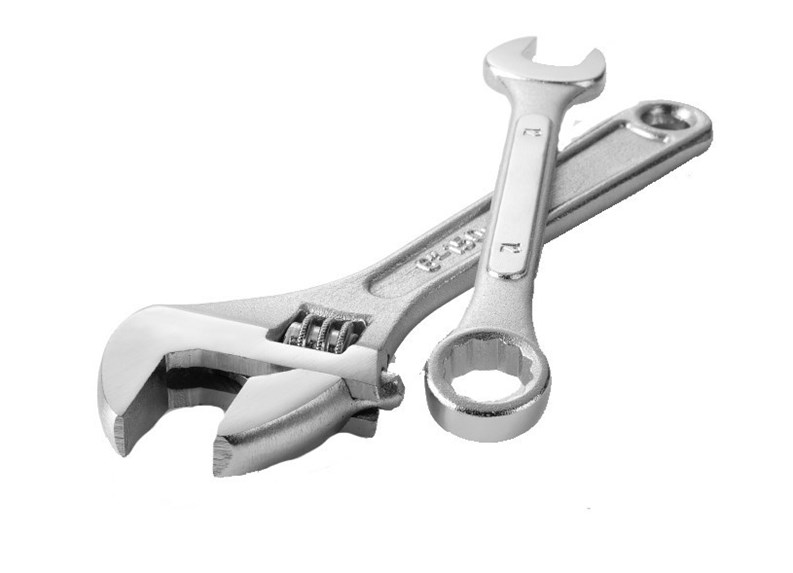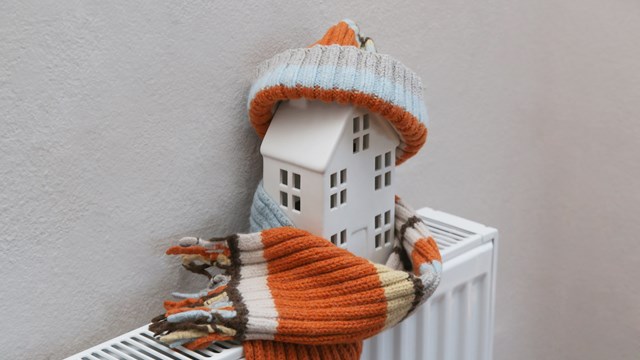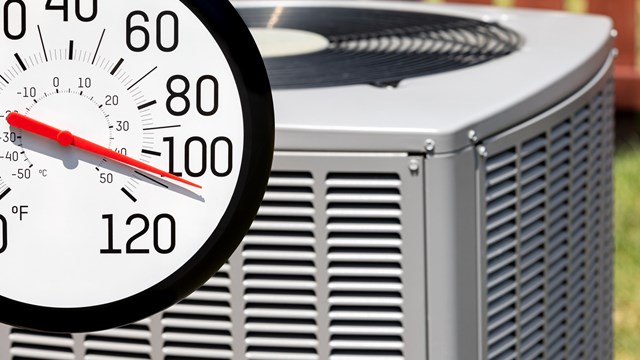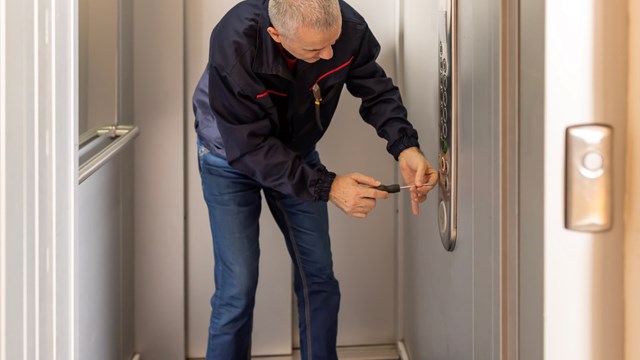Attempting to define the meaning of the term “improvements” under Massachusetts condominium law is a lot like trying to put your finger on a glob of jello – it can go all over the place. The Massachusetts Legislature devoted an entire section in the condominium statute to common area “improvements” – yet, nowhere in the statute did the Legislature define the term “improvement.” Although a number of out-of-state cases shed important light on the issue, Massachusettscase law on the subject is somewhat wishy-washy. Absent clear legislative and judicial guidance, it’s no wonder that a great many disputes have arisen between unit owners and their condominium boards over the years as to the exact meaning of the term “improvement.”
Making “improvements” to a condominium’s common areas is one of the few aspects of common area management over which a condominium’s governing board is unilaterally impotent in Massachusetts. Once a project is classified as a common area “improvement,” the statute mandatesa vote of the unit owners as a condition precedent to embarking upon the project.
The statute makes an extremely important distinction in voting thresholds to be met to validate a common area “improvement.” On one hand, if unit owners holding less than 50% beneficial interest approve the proposed improvement, then the improvement would be invalid and cannot be made under the statute. On the other hand, if unit owners holding collective beneficial interests totaling more than 75% approve the proposed improvement, then the improvement may be made and the costs thereof assessed to all owners as a common expense. On the other, other hand, if unit owners holding collective beneficial interests of at least 50% but less than 75% approve the proposed improvement, then the improvement may be made – but, with the caveat that the entire cost of the improvementmust be borne solely by those unit owners so agreeing.
So, we know that the statutory formulae for validating an “improvement” project can give you a headache, but it’s not akin to attempting to split the atom – once it can be determined whether the proposed project is a common area “improvement.” Therein lies the recurring problem – determining whether a particular project is an “improvement,” or not.
In the absence of clear legislative guidance as to the definition of “improvement” in the condominium statute, condominiumpractitioners, governing boards and unit owners are forced “to make sensible, real world distinctions” in the words of one prominent Massachusetts Land Court judge when confronted with the issue. This may be one aspect of condominium administration that particularly cries out for a common-sense solution.
I would love to see the Legislature tackle the issue by carefully defining the term “improvement” in the condominium statute. For all of its terrific work amendingthe statute over the years, the lack of guidance on the “improvement” issue remains the black hole in the legislative scheme that continues to haunt unit owners, governing boards, condominium practitioners and even judges. It simply shouldn’t be.
A common-sense solution to unravel this continuing mystery is for Massachusetts condominium associations to consider amending their constituent documents to define the term “improvement” as preciselyas possible. The basic idea would be to establish understandable criteria so that both the unit owners collectively and the condominium’s governing board would know if a particular project triggers the unit owner vote required by the statute.
Drafting an appropriate document amendment can, and should, be tailored to a specific condominium. Townhouse-style condominiums have certain characteristics that are typically different from hi-rise style condominiums, for example. But, the specific architectural and aesthetic characteristics of each style condominium should be addressed in any amendment thatattempts to define the term “improvement.” For example, an amendment for a townhouse-style condominium with wood clapboard siding could provide that any decision to change (not repair or replace) the type of siding from wood clapboard to any other material (i.e., vinyl siding) would be an “improvement” requiring the requisite unit owner vote. As things now stand, knowledgeable condominium practitioners are probably split on the issue.
In any event, extreme care must be taken to preserve the board’s inherent authority to repair, maintain and replace the common elements. Tipping the authority scale too far toward unit owner approval would almost certainly lead to administrative impotence – a result that would serve neither the unit owners nor the governing board.
Clearly there are some things over which the unit owners should have approval authority. The Massachusetts Legislature has said that one area that requires unit owner approval is common area “improvements.” But, since neither the Legislature nor Massachusetts case law is extremely helpful in defining exactly what that means, condominium boards and unit owners should collectively take the initiative to try to define the meaning of the term “improvement” in a clear constituent document amendment tailored to each condominium’s specific architecturalcharacteristics – before it becomes a real and costly issue to unravel.







3 Comments
Leave a Comment